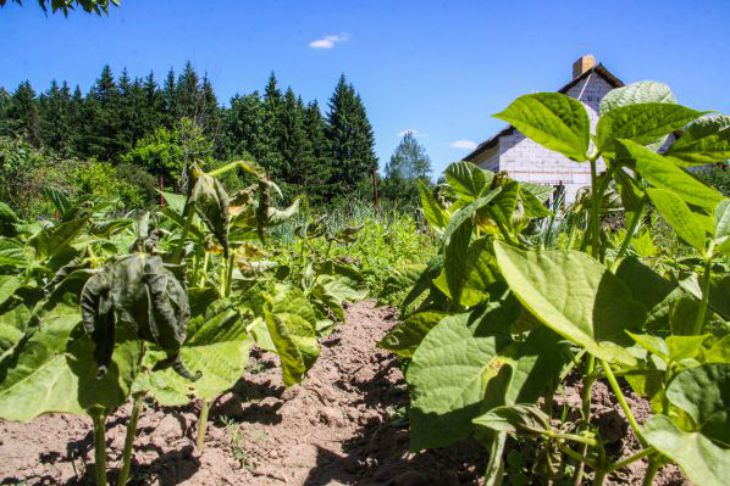The soil of each plot of land can be characterized as an entire ecosystem inhabited by various microorganisms that affect soil fertility.
In addition, to obtain a bountiful harvest, according to the expert of the online publication Belnovosti, scientist-agronomist, landscape designer Anastasia Kovrizhnykh , the chemical composition of the soil is also important.
This is what you should determine before you start planting all kinds of crops.
Natural indicators will help to do this, but first things first.
If you have set yourself the goal of finding out how much nitrogen your beds contain, which is known to be responsible for the normal growth and development of plants, you should pay attention to the weeds growing there.

If wild carrots, wild pansies, common heather, white clover, chamomile, lanceolate plantain, and sedum feel at ease in the area, the soil contains little nitrogen.
In this case, fertilizers based on ammonium sulfate, nitrate or urea will come to the rescue.
When goutweed, chicory, chickweed, stinking nettle, quinoa or motherwort are noticed in the garden and vegetable garden, it can be said that there is a lot of nitrogen in the soil.








